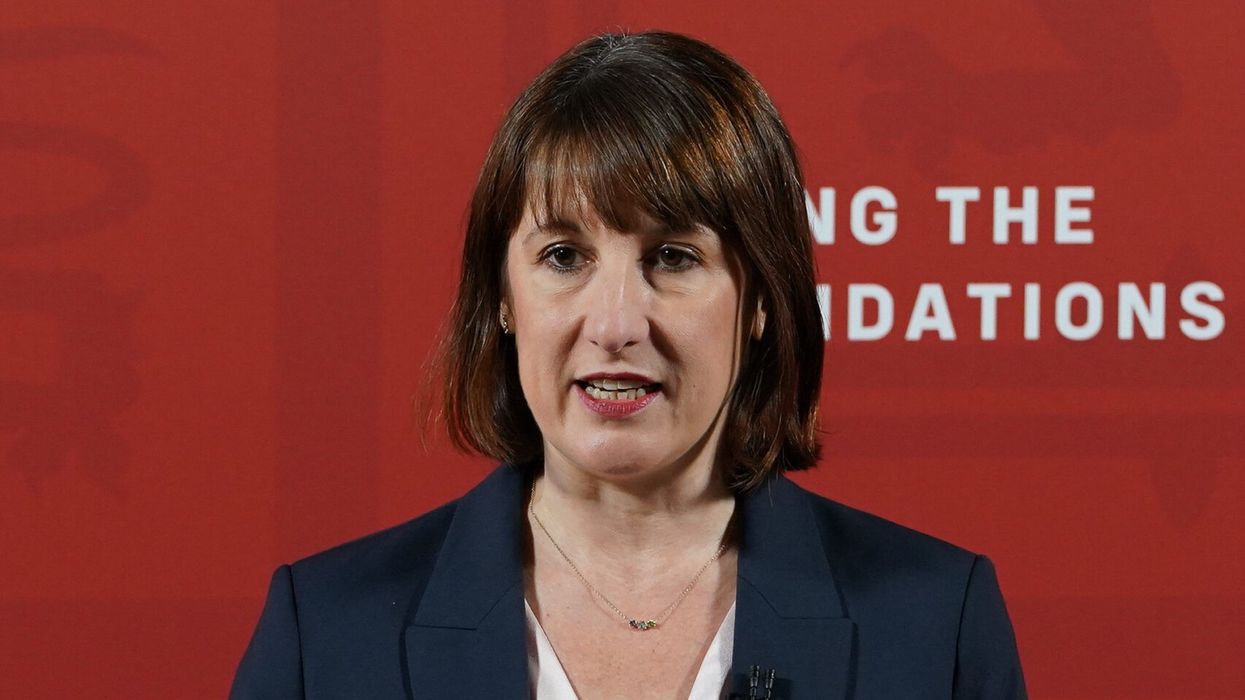CHANCELLOR Rachel Reeves arrived in Banff, Canada, on Monday for a two-day G7 summit with finance ministers from leading democracies. Reeves is expected to focus on the UK’s recent trade deals and economic performance.
She said, “This Government is laser-focused on delivering for the British people. That’s why in the past two weeks we have struck three major deals with the US, EU and India that will kickstart economic growth and put more money in people’s pockets as part of our Plan for Change.”
The UK recently signed agreements with the US, EU and India. The deal with the EU is expected to add nearly £9 billion to the UK economy by 2040.
The India trade agreement is projected to increase GDP by £4.8 billion and wages by £2.2 bn annually in the long run. A separate agreement with the US includes tariff cuts and protections for British businesses.
Reeves is expected to meet US treasury secretary Scott Bessent and Canadian finance minister François-Philippe Champagne during the summit. She will also hold discussions on Ukraine with Ukrainian finance minister Sergii Marchenko.
The chancellor will reiterate UK support for Ukraine and highlight the latest UK sanctions on Russia’s oil exports.
She will also outline steps taken by the UK government to reduce interest rates and provide economic stability.





